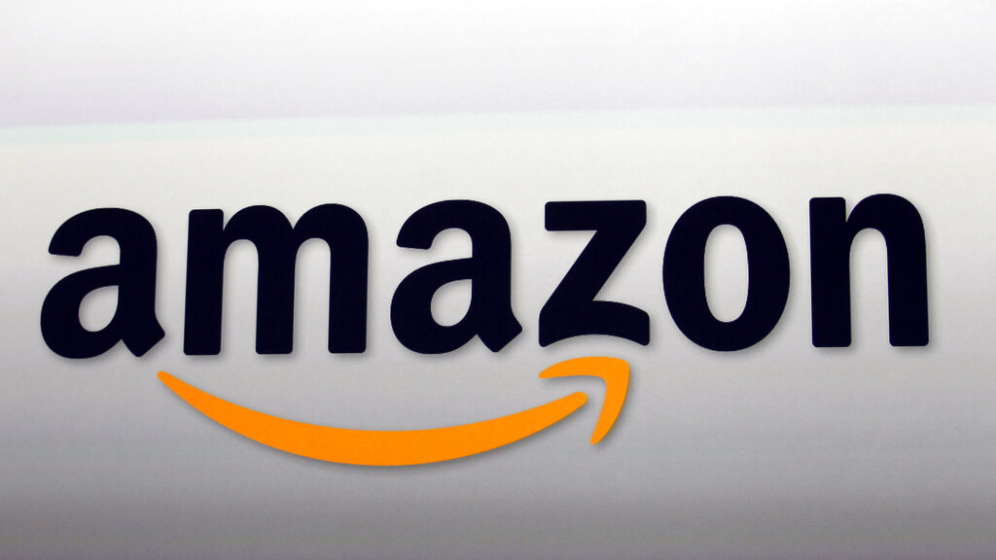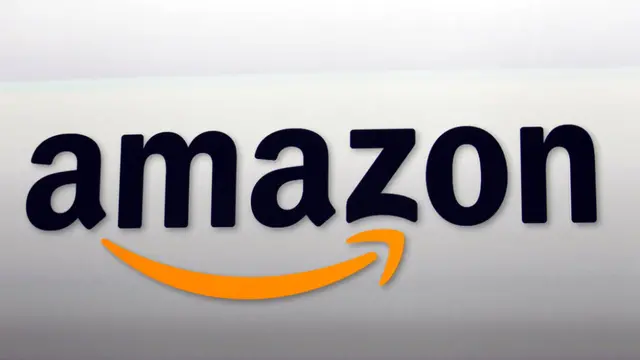
Amazon logo in Santa Monica, California, U.S., September 6, 2012. /AP
By wielding the sword that is Section 301 investigations against countries imposing digital services taxes on American companies, the administration of U.S. President Donald Trump is threatening a new tariff war with its trading partners and heightening concerns about Washington's disinterest in multilateralism.
The probe by the Office of the U.S. Trade Representative under Section 301 of the Trade Act of 1974 could determine whether Washington imposes tariffs on trading partners including Britain, the European Union and Brazil, who argue that tech giants operating outside the U.S., such as Google, Amazon and Facebook, don't pay enough tax. For its part, the United States worries that digital services taxes may discriminate against American tech companies.
According to the European Commission, digital companies pay an average tax rate of 9.5 percent in the European Union, compared to at least 23 percent imposed on businesses in other sectors. In Britain,Amazon's profits in 2017 tripled from the previous year, but it paid 40 percent less corporate tax.
The concerns of both sides need to be considered, which is why the Organization for Economic Cooperation and Development (OECD) has for years led talks about a multilateral digital taxation framework. Even with the global impact felt by the COVID-19 pandemic, OECD officials are committedto finishing those talks this year.
But the Trump administration looks set on playing a disruptive role. Last year, officials appeared close to reaching an agreement, but any optimism disappeared in December when the administration announced its oppositionto a deal. Washington also picked a fight with France, when Paris introduced legislation levying a tax on digital services. This new Section 301 probe is one more sign that the Trump administration has no interest in resolving the differences within the OECD.
Considering Trump's track record on global economic policy, the Section 301 investigation is an ominous signal, as it is the first step in a process to authorize the president to impose unilateral trade sanctions. In the 1980s, these investigations were used as leverage by the United States to collect more taxes on goods imported from Japan. But after the World Trade Organization was created in 1995, Section 301 of the Trade Act was rarely used. The Trump administration began to utilize it in 2017, with its investigation into China's trade practices. It led to the introduction of tariffs on goods from China worth hundreds of billions of dollars.
If recent history is any indication, the probe raises a legitimate concern that the Trump administration, in the name of protecting American tech firms, is ready to extend the trade war to other parts of the world – including its allies. At a time when economies are reeling from the COVID-19 pandemic, this sort of unilateral move will worsen the outlook of the global economic recovery.
Despite the threat posed by the investigation, the countries being targeted are unlikely to be coerced into abandoning digital services taxation. In the case of the European Union, although Ireland and Luxembourghave raised opposition, awareness is growingof the need to fairly tax the digital services sector. This is why France, a pioneer on this front, has warnedWashington that any trade sanctions over digital services taxation will be met with a swift and united European response.
If multilateral talks fail because of a lack of commitment on the part of Washington, other countries are expected to resort to a unilateral approach to digital services taxation. Paris has already made clearthat it will take this approach if the OECD fails to strike a deal. Compared to a multilateral agreement on a taxation framework, a unilateral push will almost certainly lead to more chaos and friction between nations.
American tech giants are becoming more powerful amid the coronavirus-triggered recession. Amazon is both a retailer and the operator of an online marketplace. Apple is both an app developer and the App Store operator. Both are flexing their muscle and dwarfing their smaller rivals.
With the Section 301 probe, the Trump administration is in effect obstructing international efforts to demand tech giants pay reasonable taxes and compete on an equal footing with other businesses. Unfortunately, Trump doesn't seem interested in being a global partner, and looks resolvedto fall back into the role of a winner-takes-all competitor who will inflame global tension with this probe.
(If you want to contribute and have specific expertise, please contact us at [email protected].)
 简体中文
简体中文

